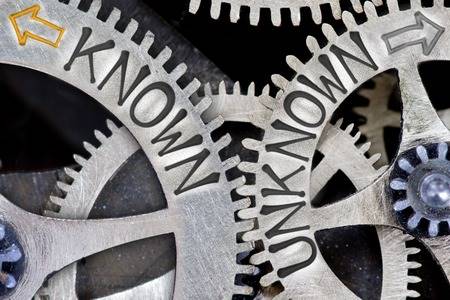 etimos
etimos
When one thinks of the invisibility of addiction recovery, one first thinks of the legions of people in local anonymous and alternative recovery fellowships whose stories rarely penetrate public consciousness. But there is actually a larger population of hidden people who have resolved significant AOD problems in their lives without incorporating addiction and recovery into their personal identities.
For many people, the labeled experiences of "addiction" and "recovery" exert a profound influence on personal identity. Their life narratives are clearly cleaved into the categories of before (the addiction story) and after (the recovery story). In face-to-face and online interactions, these individuals fill secular, spiritual, and religious recovery mutual aid societies supporting each other in a life-enduring recovery process. Historically, members of each of these self-contained recovery communities embraced a shared history, iconic leaders, core values and ideas, a distinct language, and distinguishing rituals of mutual identification that buttressed the recovery identity. Participation in professionally-directed addiction treatment has also been a central theme within their collective stories.
What modern epidemiologic studies of AOD problems reveal will be something of a surprise to many people: the majority of people who resolve AOD problems do so without participation in specialized addiction treatment or a recovery support group. Those who have achieved such "natural recovery" often do not self-identify with the addiction or recovery language even when they once met but no longer meet diagnostic criteria for a substance use disorder. They are the truly anonymous people in recovery who claim no named recovery club--no shared founders, literature, slogans, symbols, rituals, or regular gatherings, but who have survived addiction to compose reasonably healthy and fulfilling lives. They include people who do not want to live as a category and who do not want to be boxed in by caricatured images of addiction or well-worn pathways of addiction recovery. And they include people who shun labels that bring significant social stigma and discrimination.
Differences between assisted/affiliated and unassisted/unaffiliated patterns of recovery often reflect variations in problem severity, problem complexity, and available recovery capital. It is time we stopped talking about differences in pathways and styles of AOD problem resolution within the lenses of superiority and inferiority and instead celebrated the growing varieties of recovery experience. I have spent much of my life researching the history of recovery mutual aid societies and studying the experiences of individuals and families who embraced addiction recovery as a life-saving catalyst of transformation. It is the sheer magnitude of the varieties of recovery experience that I find most compelling. Today is a shout out to all those who have resolved AOD problems without addiction treatment or mutual aid society affiliation and often without conscious "recovery" identification.
As discussions arise across the country about how best to resolve America's drug problems, my hope is that we will also hear your voices. As recovery stories become more public, I hope you will add your stories to this oral quilt portraying how such transformations unfold. You can become part of the larger solution without being a self-identified member of a recovery community or claiming "recovery" as a central theme within your personal identity. There is much America and her addiction professionals, recovery support specialists, and recovery advocates can learn from you, but first we must acknowledge that you exist.
"Recovery by any means necessary under any circumstances" must become our operational motto.